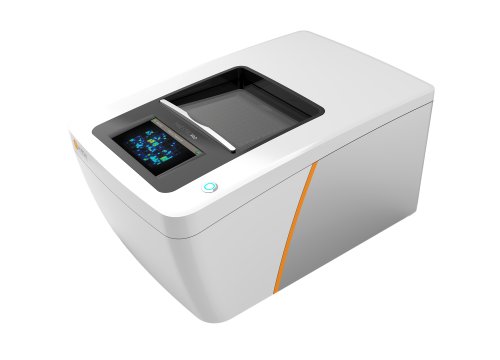Zhang JZ, Belbachir N, Zhang T, Liu Y, Shrestha R, Wu JC
Stem Cell Reports 2021
Summary:
Cryopreservation is a process of freezing cells and tissues at very low temperatures to maintain their structural and functional integrity. However, the effects of cryopreservation on human induced pluripotent stem cell-derived cardiomyocytes (hiPSC-CMs) has not been well studied and remains poorly understood. In this study, the authors investigated the differences between fresh (non-cryopreserved) hiPSC-CMs and hiPSC-CMs recovered from cryopreservation by characterizing and comparing their genetic makeup, electrical function, and response to various cardiotoxic drugs. A multiwell microelectrode array (MEA) system was used to measure the electro-mechanical function of hiPSC-CMs, including metrics such field potential duration, beat rate, and cellular activity. Some previously cryopreserved hiPSC-CMs demonstrated shorter field potential durations and increased beat rates when compared to their fresh counterparts. Further examination of these differences by treatment with drugs known to induce cardiotoxicity revealed that cryopreserved hiPSC showed a propensity for arrhythmic behavior. These results suggest that the electrophysiological properties and limitations of cryopreserved hiPSCs needs to be taken into consideration for certain cardiac assays such as toxicity testing.

